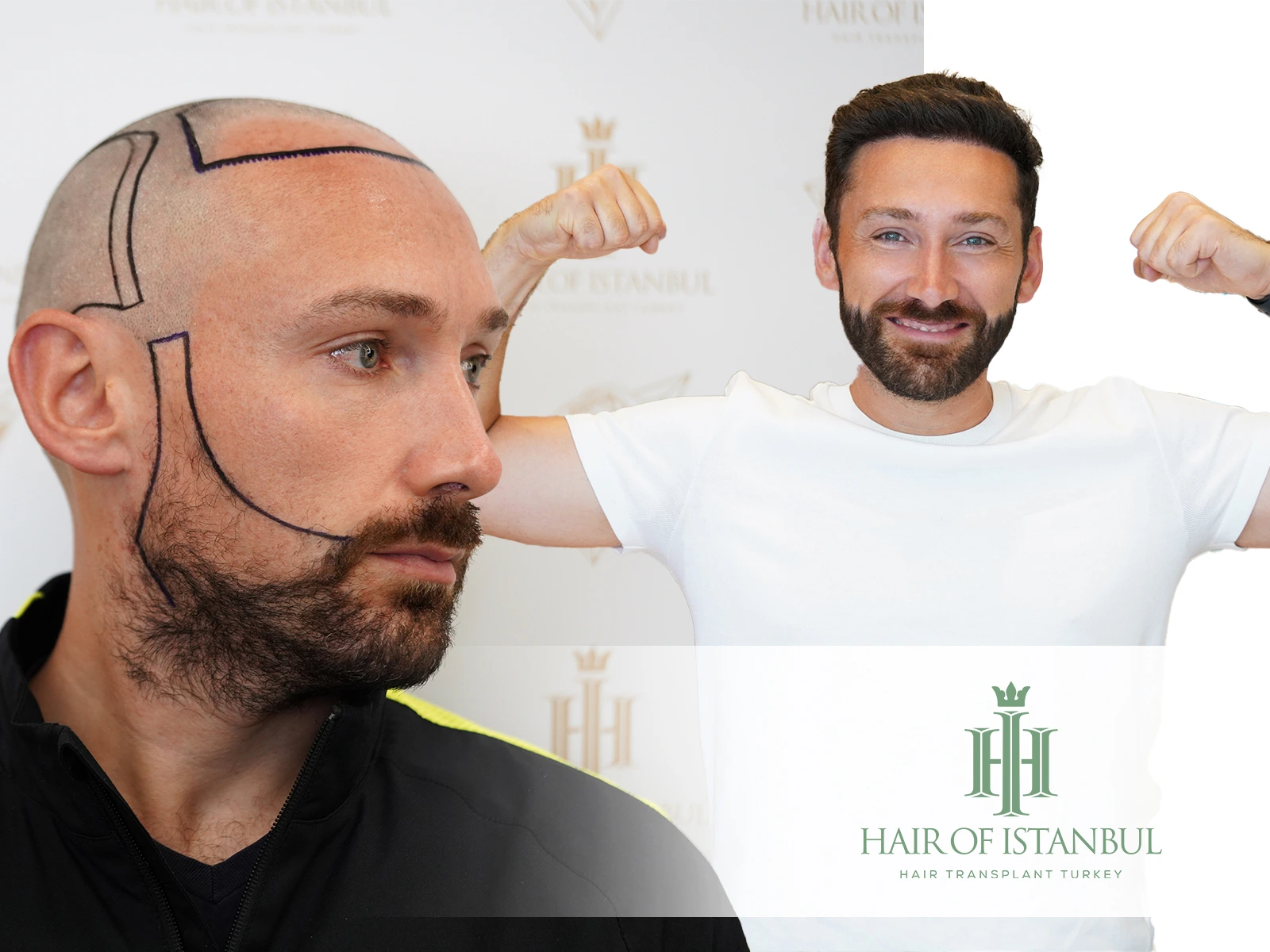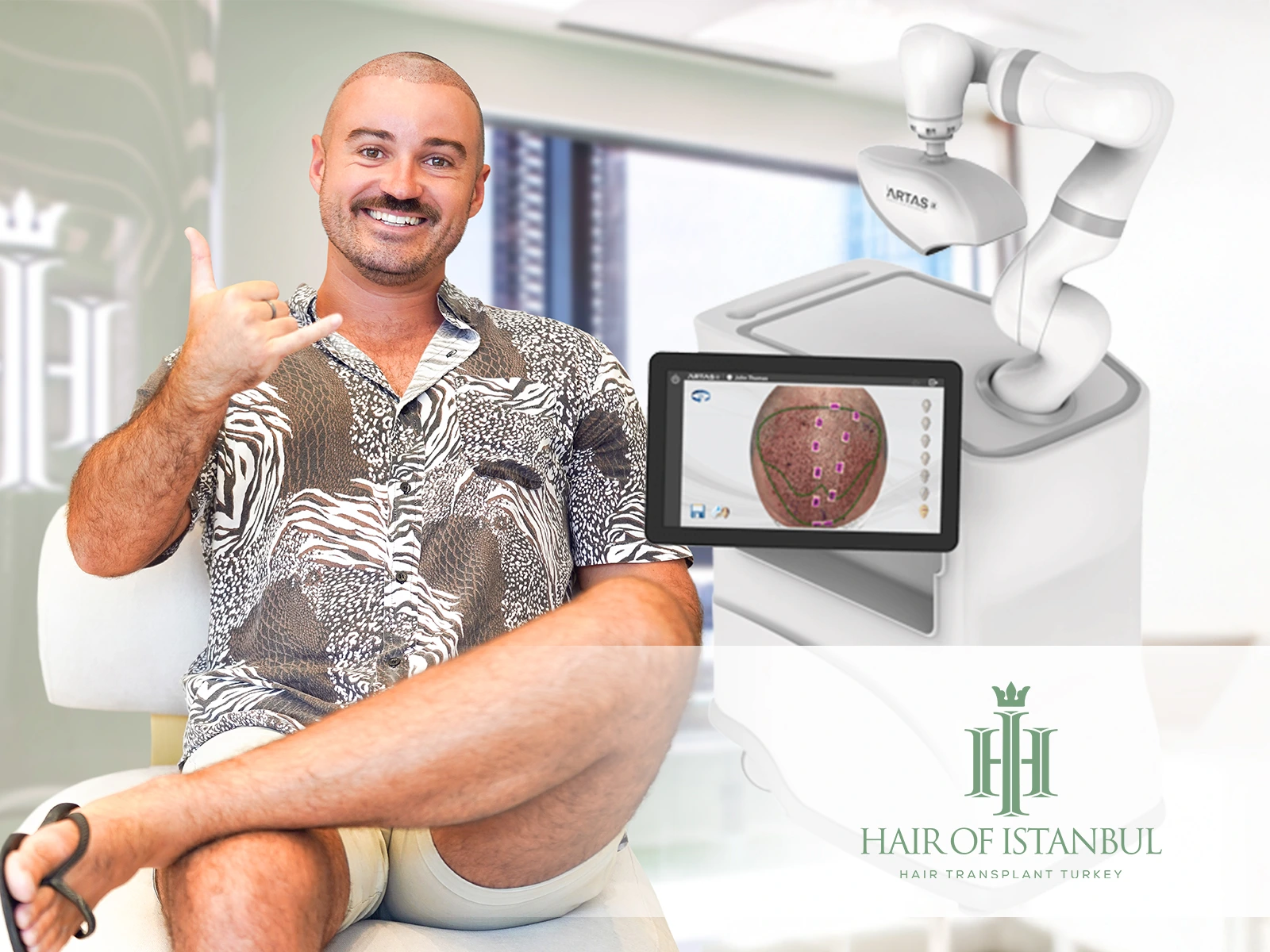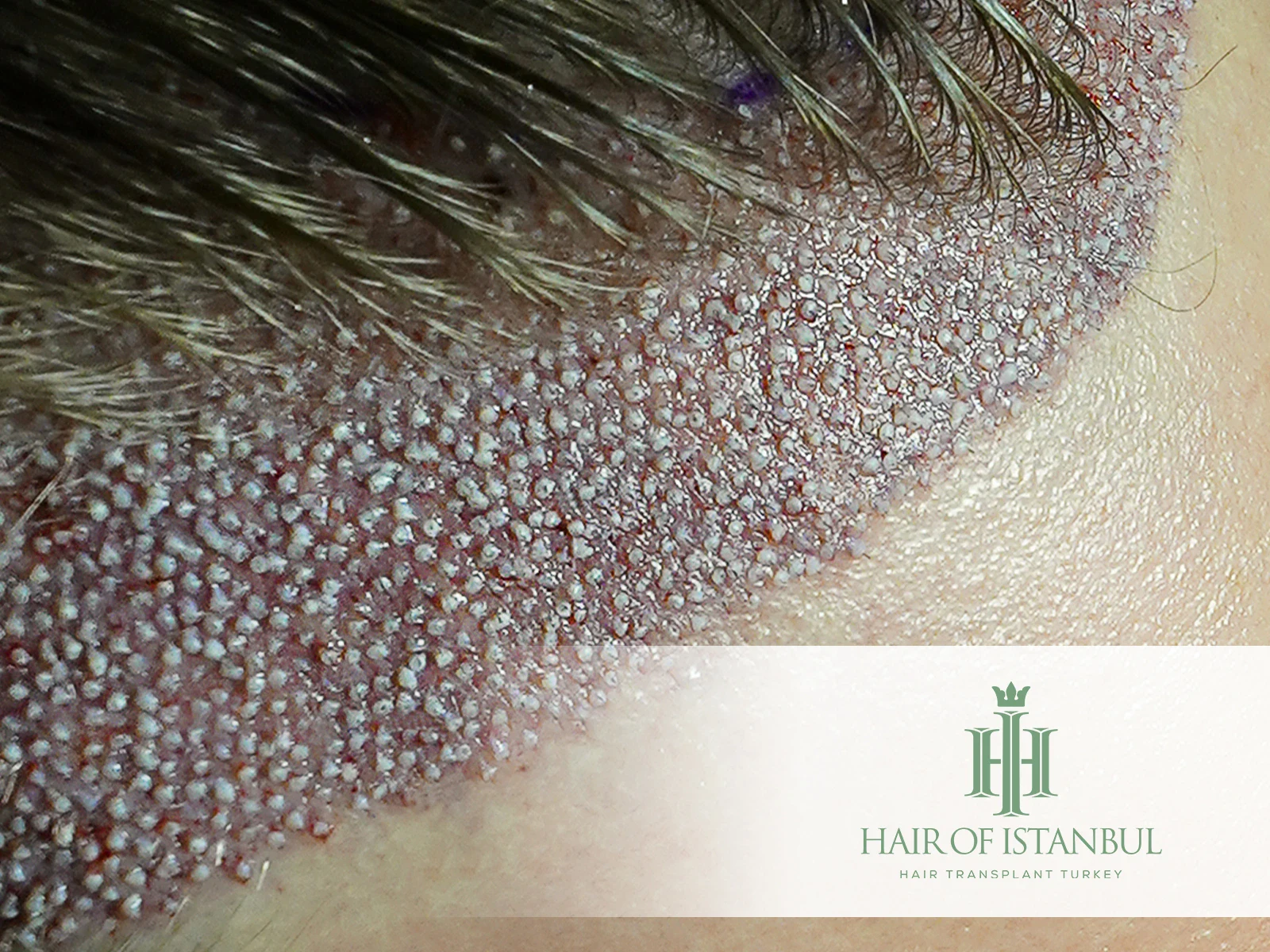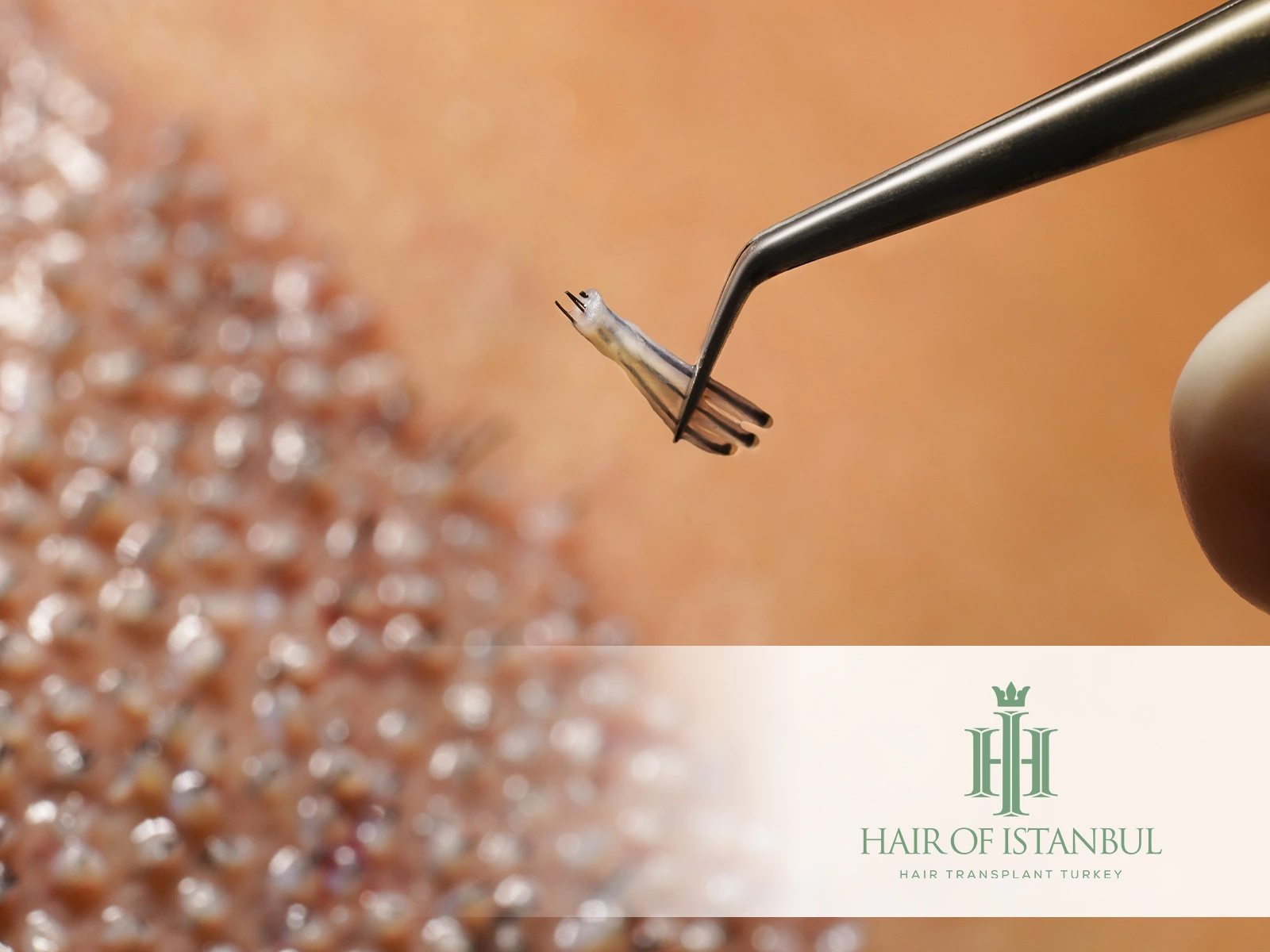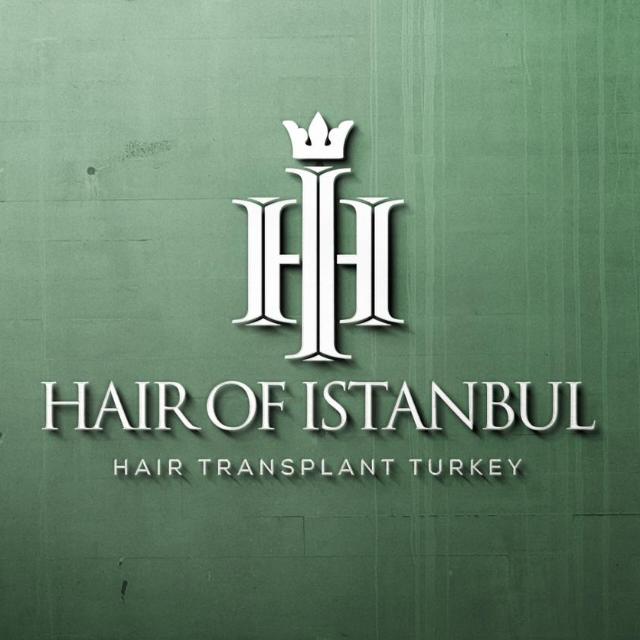Why Can’t You Drink Alcohol After Hair Transplant: Key Points
Diving into the world of post-operative care, a question frequently arises: why is alcohol off-limits after anesthesia? This inquiry is not without merit, as the intersection of alcohol and anesthesia involves more than just a cautionary tale from medical professionals.
When anesthesia is in play, introducing alcohol into your system can complicate the recovery process in unexpected ways. Understanding this dynamic is crucial for anyone looking to navigate their post-surgery period smoothly.
Let’s explore the reasons behind this guidance, ensuring your path to healing is as straightforward and safe as possible.
What Are The Consequences Of Drinking Alcohol After Undergoing Hair Transplant?
Following anesthesia, abstaining from alcohol is a directive strongly emphasized by healthcare professionals. This precaution is grounded in the understanding of alcohol’s interaction with the body’s recovery processes and its potential to complicate post-operative healing. The consensus among doctors is clear: to ensure a safe and effective recovery, patients are advised to avoid alcohol after undergoing any procedure involving anesthesia.
| Altered Blood Clotting | Alcohol’s impact on blood’s clotting capabilities can exacerbate bleeding issues, complicating surgical wound management and recovery. |
| Disturbed Anesthetic Absorption | Alcohol can disrupt how the body absorbs and reacts to anesthetics, potentially nullifying the calming effects of certain medications. |
| Prolonged Recovery Time | The body’s healing process can be significantly slowed down, delaying recovery from surgery. |
| Blood Pressure Fluctuations | Alcohol may cause sudden spikes or drops in blood pressure, posing additional health risks post-operation. |
| Irregular Heart Rhythms | Consumption can lead to arrhythmias, increasing the risk of post-operative complications. |
| Risk of Stroke | The dilating effect of alcohol on blood vessels, combined with its impact on blood pressure, can elevate the risk of stroke. |
| Increased Swelling | By dilating blood vessels, alcohol can cause the body to swell, potentially affecting surgical outcomes and healing. |
Also Read: Alcohol After Hair Transplant: Understanding the Impacts!
Does Alcohol Interfere With Local Anesthesia?
Alcohol consumption following local anesthesia, including in procedures such as hair transplantation, can lead to complications and potentially impede the healing process. Generally, both alcohol and local anesthesia affect the body’s central nervous system, albeit in different ways.
Local anesthetics work to block nerve signals in the body, preventing pain sensations from reaching the brain. Alcohol, on the other hand, can depress the central nervous system, affecting the body’s response to pain and healing, as well as the efficacy of the anesthesia itself.
When it comes to hair transplantation, which utilizes local anesthesia to numb the scalp, consuming alcohol after the procedure can have detrimental effects on the outcome. Here are three key points on why avoiding alcohol post-procedure is crucial:
| Impaired Healing | Increased bleeding, swelling, and delayed wound healing can affect graft survival and overall aesthetic outcomes. |
| Increased Risk of Infection | Weakened immune response can lead to infections, compromising graft health and potentially leading to loss of transplanted hair. |
| Interference with Medication | Alcohol can alter the effectiveness of prescribed medications, leading to inadequate pain control, heightened risk of complications, and potentially harmful drug interactions. |
Alcohol and Hair Transplants: A Dangerous Mix
Drinking alcohol can disrupt how your blood clots, potentially complicating surgery by making it harder to manage bleeding and incisions. Such complications often stem from alcohol’s ability to thin the blood, a significant concern for surgical teams.
Anesthesiologists, in particular, find this aspect of pre- and post-operative care challenging. For these reasons, it’s strongly advised to avoid alcohol both before and after your surgery. Thinner blood can delay your body’s natural healing process, extending recovery time.
Can Alcohol Consumption Delay Recovery Post-Surgery?
Immediately after a hair transplant, it’s crucial to steer clear of alcohol. Its consumption can hinder the healing timeline, potentially leading to prolonged recovery phases. More concerning is the risk it poses to the newly placed grafts, which might bleed or suffer damage, jeopardizing the success of the procedure.
Ensuring a smooth and efficient healing process means adhering to post-operative guidelines, which include abstaining from alcohol to avoid unnecessary complications.
Also Read: When Can I Exercise After Hair Transplant? Learn the Right Time!
How Long After Surgery Can You Drink Alcohol?
Following any surgical procedure, a period of at least two weeks should pass before considering the consumption of alcoholic beverages. This guideline becomes even more critical if you’re on prescribed medication.
Should these medicines need to be taken beyond the two-week mark, it’s advisable to wait until the course is complete before indulging in alcohol. This cautious approach helps safeguard against interactions that could impair healing or the effectiveness of the medication, ensuring a safer recovery journey.
How Many Hours Before Anesthesia Should You Not Drink Alcohol?
Not only is alcohol consumption post-surgery a concern, but its intake before the procedure requires attention too. To prepare your body optimally for the operation, abstaining from alcohol at least 48 hours before anesthesia is recommended.
This precautionary measure assists in minimizing potential complications, ensuring that the anesthesia works as intended without adverse reactions. Embracing this practice supports a smoother surgical experience and a stronger foundation for post-operative recovery.
Also Read: How Hair Loss Affects Self Esteem: Strategies to Cope!
CONCLUSION
In conclusion, understanding why avoiding alcohol after anesthesia is essential, ensures not only a smoother recovery but also maximizes the outcomes of any procedure. At Hair of Istanbul, we prioritize patient safety and optimal healing conditions, which includes guiding our patients through their post-operative care with evidence-based recommendations.
Our commitment to excellence and patient well-being underlines the importance we place on following post-anesthesia guidelines, including the avoidance of alcohol. Trust in our expertise ensures you are in safe hands, as we navigate together towards achieving the best possible results with your health as our top priority.
References:
- [1] Special Surgical Center, Mar 26, 2019 – When Can I Have Alcohol Before and After Surgery? – https://specialtysurgerycenter.org/when-can-i-have-alcohol-before-and-after-surgery/
- [2] Moffitt, Jun 15, 2020 – Alcohol Before and After Surgery – https://www.moffitt.org/taking-care-of-your-health/taking-care-of-your-health-story-archive/what-to-know-about-alcohol-use-and-surgery/
- [3] Dr. Alex Karidis, Nov 17, 2022 – ALCOHOL AFTER SURGERY: HOW LONG SHOULD YOU WAIT – https://www.karidis.co.uk/our-blog/why-cant-you-drink-before-or-after-surgery/


